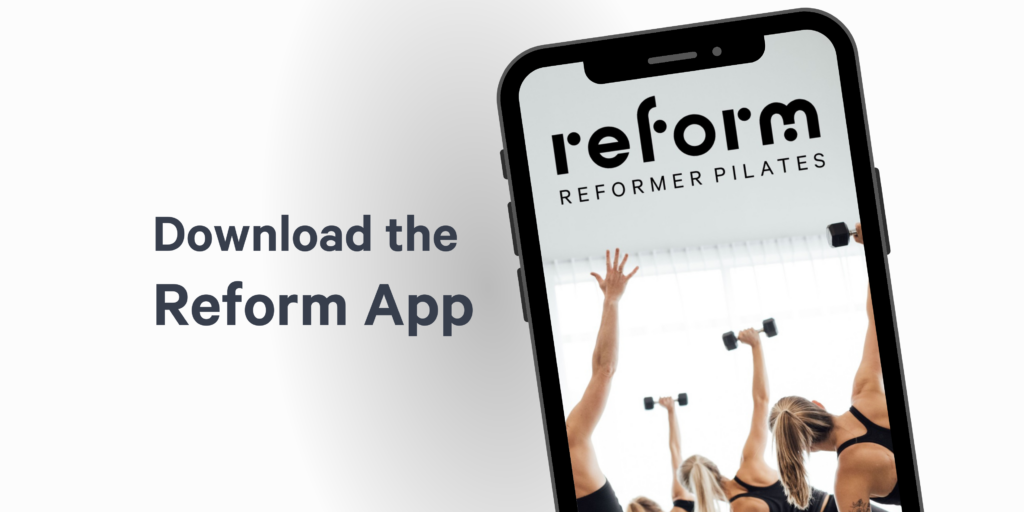Caffeine…It comes in many forms and guises but for the intents and purposes of this article we’ll be talking specifically about coffee….because most of us love the stuff. New Zealand has more roasteries per capita than anywhere in the world…and some even argue that New Zealand also makes the best coffee in the world. A survey completed by Canstar Blue hass shown that 52 percent of Kiwis will go out of their way to get a good cup of coffee.
NZ is ranked the 13th highest consumer of coffee in the world, higher than the USA and Australia…with the survey showing that both men and woman equally were guilty of skipping breakfast for a coffee and that twenty-nine per cent of New Zealanders think they drink more coffee than they should.
So, do we drink too much coffee? Is coffee bad for us? Is it good for us? Or should we not worry so much?
Caffeine’s popularity is due largely to its mood-enhancing and stimulatory effects, you always feel better after your morning coffee, yet despite widespread consumption, few people are actually aware of how caffeine works in the body.
Much like alcohol, coffee is essentially a daytime social ‘lubricant’. When it’s a little early to be acceptable to go for ‘a drink’ we can all ‘go for a coffee’ without anyone thinking we have a problem.
We thought you might be interested to learn exactly how caffeine works in your body after you ingest it and it enters the brain.
Adenosine is the main player here; they are molecules in your body that have control over alertness and wakefulness OR sleepiness and lethargy. We say ‘or’ because adenosine can behave in one of two ways…it can make you tired or it can make you alert. The deciding factor as to how it will make you feel is what receptors adenosine binds to in the brain. Think of adenosine as a key; it can unlock alertness by binding to one set of receptors or it can unlock sleepiness by binding to another set of receptors.
Caffeine stops adenosine binding to your ‘sleepy’ receptors
In other words, caffeine prevents the body from slowing things down at a cellular level so you feel alert, stimulated and generally quite great. Incidentally, this ‘feeling great’ sensation occurs because caffeine also stimulates the release of dopamine (happy hormone) while simultaneously stopping you feeling sleepy. Double whammy.
Coffee wakes you up and makes you feel good. No wonder we crave it!
So, is this a good thing or a bad thing…..or not a thing at all? In our mind the best way to approach this is from two perspectives; that of the day to day individual who trains to stay fit and healthy and is somewhat mindful of their nutrition (the ‘average Joe’ if you will) and that of the athlete (of which we have a few at Reform) who live and breathe precise exercise and eating. How much can caffeine help or hinder each of these individuals with their very different lifestyles and training goals?
Having worked in the health and fitness industry for many years and dealt with thousands of ‘average Joe’ clients we can safely say that body composition is an absolute common training goal. Therefore, the number one caffeine related questions for the ‘average Joe’ is….will it make me lean?
Is caffeine a fat burner and should I buy those fat burning pills form the internet? The answers are yes (marginally and temporarily) and no (save your money). An increase in fat oxidation (fat burning) appears to be apparent with caffeine consumption equivalent to three cups of coffee a day (assessed by monitoring increased serum glycerol and free fatty acids). Studies put the number at around 14 extra calories burnt per hour in the six hours or so after caffeine is consumed. It’s not a massive amount but it is extra calorie burn none the less.
This sounds great…drink coffee and burn fat.
As always though there is a massive BUT…after about 6 months of drinking three cups of coffee a day you become desensitised to the fat burning effects of caffeine. So the 14kcal extra burn won’t last forever. The length of time this ‘sensitisation’ takes and the amount of caffeine it takes varies from person to person and depends on whether they are active or sedentary.
To summarise: if you are an ‘average Joe’ and want to use caffeine for fat loss then you may consider cycling your consumption e.g four weeks on, four weeks off. As we’ve said, the fat burning increase is probably not massive enough to go to this much effort so if you enjoy it, just drink it.
What about athletes who use caffeine for ergonomic effects?
There appears to be a reliable and significant increase in power output, both in resistance training (lifting weights) and ‘cardio’ (cycling) in both trained and sedentary persons with doses of caffeine exceeding 5mg/kg of bodyweight. Again, length of dose will desensitise so caffeine cycling may be a recommendation for high end athletes seeking even small performance advantages.
What about aerobic performance? Many of you are distance runners and you’ll probably already know that caffeine supplementation/ingestion is able to increase endurance performance significantly. Performance (typically measured as time to exhaustion at 80% VO2 max) is increased in a dose dependent manner, and significance has been noted at doses of 2.5mg/kg body weight and 5mg/kg bodyweight, which would be 227mg and 454mg for a 90kg individual respectively. The mechanisms as to why aerobic performance increases are thought to include resistance to perception of fatigue (the athlete doesn’t feel as tired even if they are) increased vasodilation (better oxygen flow through the body) and more tolerance to pain (can push through ‘the burn’)
One study looked specifically at comparing these dosage ranges (used 3mg and 6mg/kg) and found no statistically significant difference between the two in trained cyclists. So you can still dose caffeine towards the lower end of the scale to achieve the same results. More is not necessarily better…and this is particularly relevant as many athletes are known to become caffeine addicted in pursuit of a performance edge.
Some numbers:
3-5 mg of caffeine per kilogram of bodyweight can provide a performance effect without health risks. At 3 mg/kg, an 80 kg person would need 240 mg of caffeine.
If using caffeine to increase performance, try consuming it 30 to 60 minutes before the event/exercise. Blood levels of caffeine are maximized about 60 minutes after consumption, but effects are noticed by 30 minutes.Try to use caffeine when you actually ‘need it’.
Repeated caffeine consumption can create a tolerance and lessen the benefit. Be cautious if you plan on mixing caffeine with other supplements. Using multiple stimulants (e.g., synephrine, ephedra, forskolin, yohimbe, etc) can put you at risk.
To Summarise:
Coffee/caffeine consumption is not only safe, it seems to benefit most health outcome measures, with around three to four cups per day providing the most benefit. It’s difficult to make a case against consuming coffee, with the exception of during pregnancy and in women susceptible to bone fractures. However, in the case of the latter, this risk seemingly can be offset by adequate calcium intake. Caffeine can cause intestinal irritation, disrupted sleep and withdrawal symptoms once you stop taking it. These tend to be issues only among those with pre-existing conditions and those who consume excessive doses so shouldn’t be of concern to those who are generally fit, well and healthy.
We could go on and on; caffeine is one of the most widely researched supplements out there. This makes it easy to draw conclusions with high confidence but makes it challenging to keep any review of caffeine concise. We haven’t touched upon the fact that caffeine is linked to a reduced risk of diabetes and some cancers, is high in antioxidants and has been linked (but not definitively) to increased lifespan!. Using the perspective of the average Joe’s common training goal and the athlete is an attempt (maybe futile) to keep this piece reasonably short yet useful. As always, individual application varies and it’s up to you to establish what works safely for you.
References:
https://www.ncbi.nlm.nih.gov/pmc/articles/PMC5812048/
josephagunutrition/posts/929061393934823
https://examine.com/supplements/caffeine/#summary8-2
https://www.precisionnutrition.com/all-about-caffeinehttps://examine.com/nutrition/how-caffeine-works-in-your-brain/




